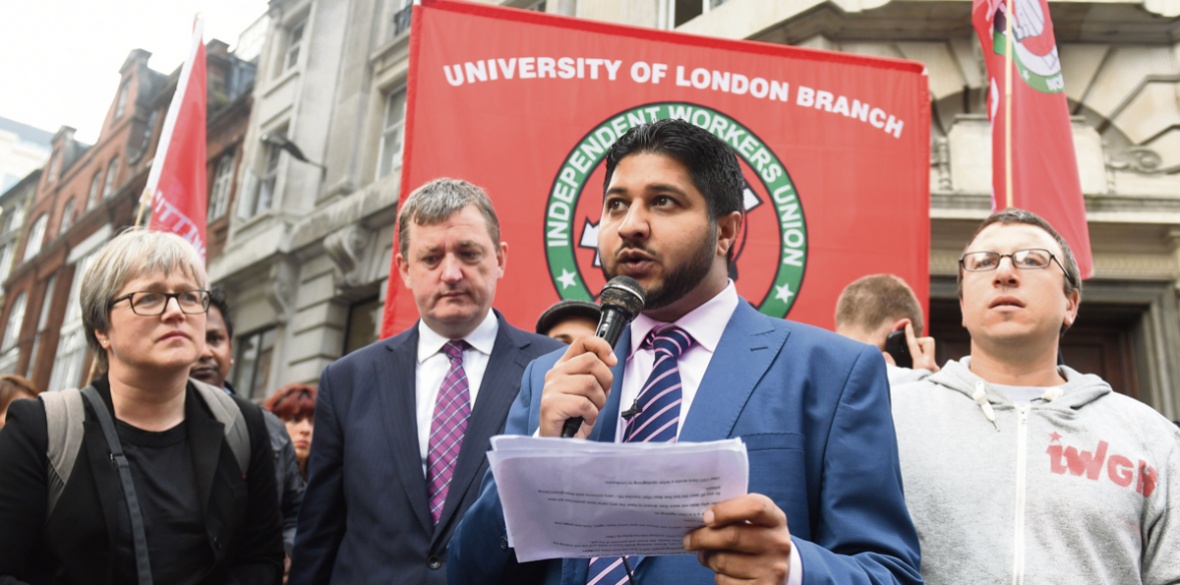This is the last article you can read this month
You can read more article this month
You can read more articles this month
Sorry your limit is up for this month
Reset on:
Please help support the Morning Star by subscribing here
EXPLOITATION of workers, failing to abide by regulations in London, cover-up of a major data breach and sexual harassment claims are just some of the features of the past year for beleaguered car hire company Uber.
In Britain, the future of the car hire company has come under threat, as TFL refused to renew its licence to operate in the capital.
Uber was accused of a number of irregularities, including its approach to reporting serious criminal offences, its approach to how medical certificates are obtained and use of blocking software, stopping regulatory authorities getting full access to the app.
The company has begun an appeal in the courts.
Other towns are looking closely at what is happening in London and the running of the company, with Brighton and Cambridge among those reviewing operations.
The company has also been seeking to defend its position as a main player in the gig economy. This has involved claiming that its drivers are self-employed and so not entitled to things like holidays and sick pay.
A tribunal ruled in favour of two drivers supported by the GMB who claimed to be effectively employees of the company. The company appealed against the key tribunal ruling on workers’ rights but lost again in November at the High Court. It is now looking to take its case to the Supreme Court.
There was more damaging news from the US, where there have been revelations of a data breach and sexual harassment claims.
Uber admitted that it had failed to disclose a cyber-attack that exposed the data of some 57 million drivers and passengers. The breach affected 2.7 million individuals in Britain. The company then paid the hackers £75,000 not to release the stolen data.
The UK Information Commissioner’s Office said that Uber’s admission over the hack “raises huge concerns around its data protection policies and ethics.”
Also in the US, former Uber engineer Susan Fowler alleged, in a blog, that she was sexually harassed and experienced gender bias during her time at the company.
She claimed that one manager propositioned her and asked for sex, but her complaints to HR were dismissed because the manager was a high performer. Fowler said Uber continued to ignore her complaints to HR and then her manager threatened to fire her for reporting things to HR.
The New York Times then published further details of other abuses involving sexual harassment and drug use.
The company hired former US attorney general Eric Holder to lead an independent investigation, which saw more revelations and eventually 20 staff were fired.
In June, CEO and company founder Travis Kalanick stood down.
Further problems saw the Google self-driving-car group, now known as Waymo, accuse Uber of using stolen technology to advance its own autonomous-car development.
The law suit, filed in the US District Court in San Francisco, claimed that a team of ex-Google engineers stole the company’s design for the lidar laser sensor that allows self-driving cars to map the environment around them.
So it has truly been an “annus horribilis” for the car hire company, with its global reputation in tatters. The new management will certainly have its work cut out, not least over the way it treats its workers, if next year isn’t to prove yet worse than this year.
This article first appeared at Unionline.












